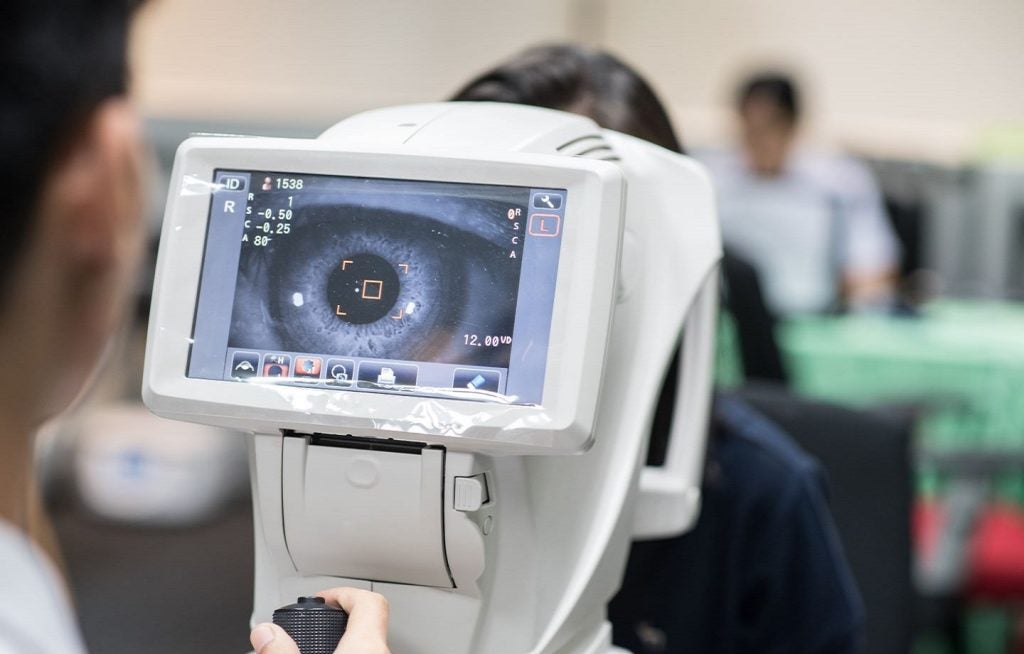ProMIS Neurosciences has dosed the first subjects in a Phase Ia clinical trial of PMN310 as a potential Alzheimer’s disease (AD) treatment.
PMN310 is a new monoclonal antibody that selectively targets toxic oligomers of amyloid-beta (Aβ), a major driver of the disease.
The first-in-human, placebo-controlled, double-blind and single-ascending dose study will assess the tolerability, safety and pharmacokinetics (PK) of intravenous PMN310 in healthy adult volunteers.
Eligible patients will take part in the 85-day study with one optional follow-up assessment on day 120. Primary PK data will be gathered from day one to day 29.
Data from the Phase 1a study will enable dose selection for subsequent Phase 1b clinical trials in patients with Mild Cognitive Impairment (MCI) due to AD and in those with mild AD.
This study will utilise findings from a recent third-party study, which revealed that efficacy biomarkers in plasma and cerebrospinal fluid (CSF) can indicate a treatment response within three months of oligomer-focused therapy.
ProMIS Neurosciences CEO Gail Farfel said: “Initiation of this milestone study of PMN310 marks our transition to a clinical-stage company.
“We are excited to bring our precision medicine approach into the clinic in hopes of developing better therapeutics for neurodegenerative diseases.
“During the third quarter, we raised more than $20m through a private placement financing, which meaningfully strengthens our balance sheet and supports ProMIS through potentially value-creating milestones.”
ProMIS Neurosciences is focused on the development of antibody therapeutics to selectively target toxic misfolded proteins in neurodegenerative diseases.
















